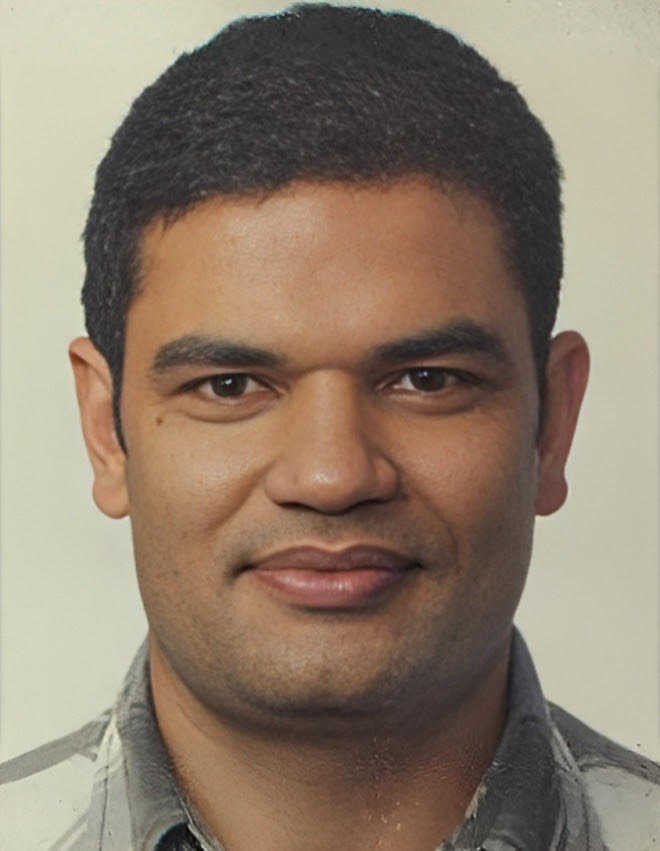Columns
Misinformed lawmakers, misleading debates
They must engage in policy discussions with arguments supported by facts and evidence.
Ishwari Bhattarai & Kiran Dahal
It is impossible to understate the significance of a parliament in democratic countries. Today's democratic societies rely heavily on the parliament as a forum for free and open discussion and policy-making. Citizens' interests are to be represented by elected representatives, who also take part in the legislative process, pass laws, and supervise the executive. In order to support the data-driven and evidence-based approach to planning and policy making, the parliament also acts as a venue for expressing differing opinions and engaging in debates supported by reliable data and evidence. It is expected to maintain and defend citizens' fundamental rights, freedom of expression, and give them a forum to participate in decision-making, making it a crucial institution for inclusive and responsive governance. Lawmakers and elected representatives are thus expected to play a crucial role in the parliament in promoting public debate, making laws and policies, overseeing the executive and representing the interest of constituencies and people.
However, many lawmakers in Nepal are frequently guided by perceptional assertions and arguments during legislative debates. Such assertions and arguments are often unsupported by facts and evidence or “incomplete” information. It appears that many lawmakers follow the information shared on social media networks to make their arguments in parliamentary debates and other forums. Social media has accelerated the rapid spread of information that is "incomplete," "unverified," or "intended to cause harm to individuals and society," which is commonly referred to as "misinformation," "disinformation," "false information," "propaganda," and so on, thereby having negative consequences to individuals and society.
Influenced by ‘misinformation’
On July 15, 2020, lawmaker Ganga Chaudhary stated that "men are suffering more (victimised) than women in Nepal" during a debate about the annual report produced by the Women's Commission at the Women and Social Affairs Committee. Chaudhary added that women are betraying their spouses who have migrated for employment to support their families while discussing the broader issues women confront. However, she said, women betray their husbands by seizing possession of their wealth. Male members of the House of Representatives who were present at the meeting did not immediately step in to refute Ganga Chaudhary's claims.
Although there may be many cases where migration, overseas employment, and long-distance relationships between spouses have contributed to marital strife at home, it can be difficult to draw general conclusions about a wider population based only on a small number of isolated occurrences. In the same discussion, Shanta Adhikari Bhattarai, the secretary of the Women's Commission, refuted Chaudhary's assertions. She cautioned the participants not to ignore the problem of gender inequality and the exploitation of women from a women-centred perspective. In reference to gender discrimination, Bhattarai said, "Let us not overlook the crucial issue where women face a greater scale of violence and exploitation in comparison to men."
There are numerous instances where lawmakers have made contentious and false statements in the legislature and the media. A similar controversial comment regarding the rape incident was made by legislative members, according to a Kantipur news story dated September 23, 2020. For instance, the then National Assembly member of the Communist Party of Nepal (Maoist Centre) Ramnarayan Bidari, also a legal professional, stated, “I have been fighting for women’s rights since my childhood. I was the coordinator while preparing a draft for the Criminal Offenses (Sentencing and Execution) Act… However, 90 percent of the rape complaints, I believe, are false regarding actual rape situations among consenting adults. Only 10 percent are likely to be genuine.” While making these claims and statements, he lacked any research or other supporting data. According to the annual factsheet released by the Nepal Police, rape and other forms of sexual offences numbered nearly 3,500 in the years 2021-22 in Nepal, out of which about 65 percent of the victims were women. No studies or research support that most of them were false cases. Bidari added, “You enjoy and have fun, but when there is a disagreement, you call it rape.” “Moreover, there is a law that ensures property rights to a married woman after you go for a divorce or file rape allegations,” he continued. Such sweeping generalisation by a lawmaker will likely undermine the seriousness of gender-based violence and sexual offences.
In August 2019, when a debate on citizenship was going on in the State Order and Good Governance Committee, the then lawmaker of Nepali Congress Devendraraj Kandel said that if “women are taught about equality, family breakdown will occur.” Similarly, another lawmaker of the Nepali Congress Dilendra Prasad Badu said that if women were given equal rights in citizenship, “they would marry foreigners and start having children with them.” While the constitution envisions equality as a fundamental right and no one would be discriminated based on gender, caste, class, or ethnic origin, the lawmakers engaged in parliamentary debates frequently violate the constitutional principles.
The Law, Justice and Human Rights Committee held a meeting on August 18, 2021, right after the Taliban’s takeover of Afghanistan. The committee discussed the status of Nepalis residing in Afghanistan. UML lawmaker Goma Devkota stated that the situation of Nepali women and children in Afghanistan was critical. She claimed, "People are being shot at the Kabul International Airport, and Nepali citizens are in the airport desperately trying to return to Nepal. Many Nepali women and children are crying on the streets of Kabul without food for many days.” While the data of Nepali citizens working/living in Afghanistan, according to the Department of Foreign Employment, who had taken labour permits from 2016-17 to 2020-21 stood around 6,724 out of which 14 were women, the data could vary due to undocumented Nepali migrants working in Afghanistan. Some national dailies reported crude estimates of Nepali citizens ranging from 2,000 to 15,000 and the government authorities themselves lacked accurate data about Nepali migrants working in Afghanistan at that time. Within a couple of days of the Taliban takeover, around 120 Nepali citizens were evacuated with the help of US authorities via Kuwait. When Nepali authorities did not have an accurate data, Nepali lawmakers continued making the authoritative claims about numerous videos depicting Nepali women and children living in appalling conditions and begged for their lives at the airport. These representative examples indicate that lawmakers often seek public attention through such unverified claims and statements.
Tackling ‘misinformation’ pandemic
In the backdrop of the new Parliament that has assumed its role after the elections held in November 2022 and parliamentary committees that have been constituted very recently, the lawmakers need to be aware of the pandemic of “misinformation” and “disinformation”. They need to be sensitive to evidence-based discussion and policymaking debates and conduct some background research to support their arguments. They must engage in policy discussions with arguments supported by facts and evidence. If the parliamentary debates are overshadowed by false and dubious claims and perceptional arguments, it not only undermines the credibility of the institution, but also can significantly impact the legislative process, decision-making, and policy formulation in Nepal.
Similarly, citizens and civil society organisations have greater roles and responsibilities to tackle the exponential rise of “misinformation” and “disinformation” with the unprecedented expansion of social media. A recent Nepal Social Media Users Survey 2021 conducted by the Centre for Media Research Nepal has found that more than 90 percent of social media users in Nepal are exposed to misinformation online. Given the seriousness of this situation, there is an urgent need to analyse, classify, categorise, and raise awareness about misinformation and disinformation. It is crucial to develop effective strategies that involve governmental, non-governmental, and civil society actors to combat the detrimental effects of misinformation and disinformation. Doing so can foster an environment where accurate and reliable information prevails, guiding lawmakers and citizens and ultimately strengthening trust in public institutions and society.




 18.2°C Kathmandu
18.2°C Kathmandu
















